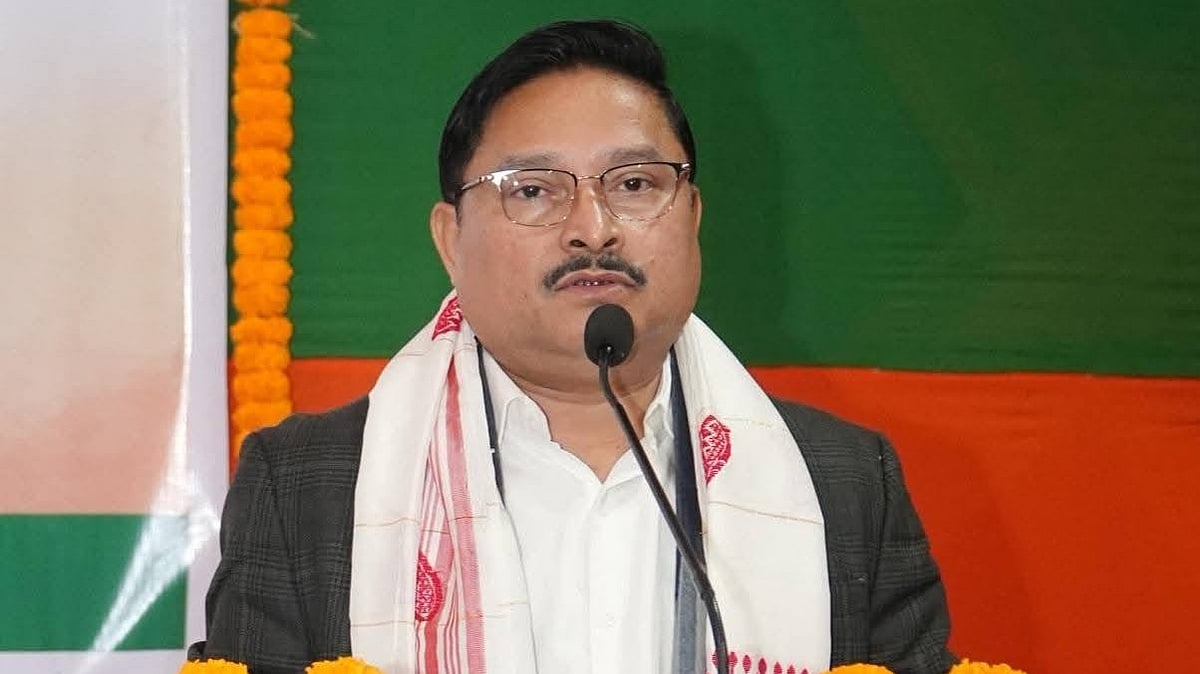Chennai: For the first time in the history of the Tamil Nadu Legislative Assembly, at a special session of the House held on Saturday a resolution was moved re-adopting 10 Bills for which Governor R N Ravi had “withheld assent”.
The resolution, moved by Chief Minister M K Stalin, was adopted by the House after a walkout by members of the AIADMK (except for the O Panneerselvam faction) and the BJP.
Stalin said, “The Governor kept the Bills pending for a long time and on November 13, 2023, without assigning reasons returned them, mentioning ‘I withhold Assent’. The Assembly feels withholding assent and returning the Bills without giving any reason is not acceptable.” He contended the Governor’s action was illegal, anti-people, against his conscience and “above all, against the sovereignty of the Assembly.”
Stalin cites Article 200 of the Constitution
The Chief Minister said when a case against the Governor holding up Bills was pending in the Supreme Court, the Governor had hurriedly returned them saying he was withholding assent. He contended that under Article 200 of the Constitution when a Bill returned by Governor is passed against with or without amendment and sent to the Governor, he shall not withhold assent for the same. Hence he was placing the 10 Bills before the House for reconsideration and adoption.
However, the action of the House has triggered a Constitutional debate. Unlike in two previous incidents where the Governor had “returned” Bills relating to NEET exemption and a ban on online gambling for “reconsideration” of the House, in the latest incident, Ravi had returned 10 Bills stating “I withhold assent”.
Rarely have Governors resorted to action of withholding assent for Bills using the powers under Article 200 of the Constitution. Technically, when assent for a Bill is withheld it means it “falls through”. Constitutional experts have pointed out that such a Bill, even if readopted by the House, would have no effect since the Governor had taken a final decision on it and not “returned” it for “reconsideration”.
Leader of Opposition Edappadi K Palaniswami raised this point citing an opinion by Lok Sabha former Secretary General PDT Achary that a legislation response is not a solution in the case of Bills for which the Governor has withheld assent.
“At a time when the Supreme Court is hearing Tamil Nadu’s petition against the Governor for inordinately keeping Bills pending, it would be interesting to see how this issue spans out. Also, the Governor’s action of conveying to the House his decision to withhold assent for Bills that were sent to him many months ago, would also open up the question of whether such action does not amount to challenging the sovereignty of the House where the collective will of the people is reflected by the elected representatives,” said political commentator Mani.
Implications of the readopted Bills
The Bills that were readopted essentially relate to a proposal to amend the statutes of some State universities to replace the Governor with the Chief Minister as Chancellor of these institutions. In effect, that would give the Chief Minister the power to appoint Vice Chancellors, taking away this right from the Governor.
Last year the Governor had indicated that these Bills could be repugnant to the provisions of the UGC Act.
During the course of the session, Stalin accused Ravi of working against the interests of Tamil Nadu instead of extending help for its development.










